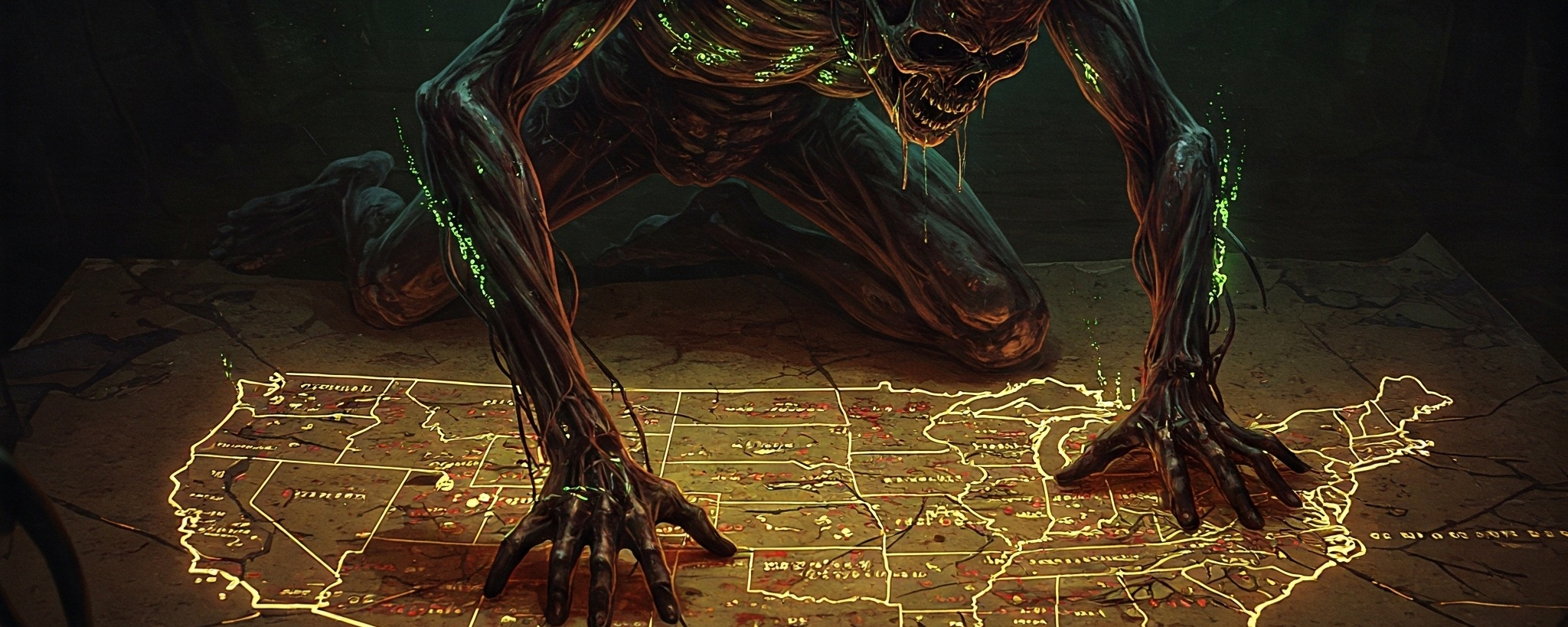Executive Summary: The Race to Succeed Trump
As of October 2025, President Donald J. Trump is nearly one year into his second, non-consecutive term. The Republican Party is entering a period of profound transition. President Trump is constitutionally barred from seeking a third term. His impending departure from the political stage in 2029 has set in motion an “invisible primary” for the 2028 Republican presidential nomination.1
This contest is the first truly open Republican primary in twelve years. It is already taking shape not in formal announcements, but in the strategic positioning of ambitious figures. These contenders are found within the administration, across the nation’s statehouses, and in the halls of Congress. The race to succeed Trump began, in many respects, the moment he secured the 2024 nomination.3
A clear heir apparent dominates the emerging field: Vice President JD Vance. His position as the president’s deputy establishes him as the undisputed frontrunner.3 This standing is reinforced by his ideological alignment with the populist base and a commanding lead in early polling. His candidacy casts a long shadow over the entire field. It creates a gravitational pull that forces every other potential contender to define themselves in relation to him.
The central dynamic of the 2028 primary will be whether any challenger can mount a credible campaign against the sitting Vice President. He is widely seen as the ideal successor to carry forward the Trumpian political legacy.1
Beyond the Vice President, the field of potential candidates is vast. It can be categorized into distinct tiers of contention, each with its own strategic imperatives. This report organizes the 100 most likely contenders into a six-tier framework:
- Tier 1: The Frontrunners: A small group of nationally recognized figures with established fundraising networks and a clear, immediate path to the nomination.
- Tier 2: The Primary Contenders: High-profile senators, governors, and cabinet members who are highly likely to run and possess a plausible, albeit more challenging, path to victory.
- Tier 3: The Cabinet & Governors’ Mansions: Sitting governors of major states and other senior administration officials who could break through with a combination of strong performance and favorable political circumstances.
- Tier 4: The Capitol Hill Hopefuls: Influential members of the U.S. House and Senate building national profiles who represent the legislative wing of the party.
- Tier 5: The Rising Stars & Dark Horses: The next generation of Republican talent, including lieutenant governors, attorneys general, and state legislators from across the country.
- Tier 6: The Influencers & Long Shots: Unconventional candidates, media personalities, and declared long shots who may shape the debate even if their path to the nomination is improbable.
The primary contest will be fought across several emerging ideological lanes within the party. The dominant lane is the MAGA/Populist movement, which demands unwavering loyalty to President Trump’s agenda. A second, diminished but still relevant, lane is the Establishment/Business wing, which seeks a more traditional, pro-business conservative leader. A third, and most tenuous, is the remnant Moderate/Anti-Trump faction, searching for a standard-bearer to move the party in a new direction. The success of any given candidate will depend on their ability to navigate this complex and often contradictory ideological landscape.
(more…)


